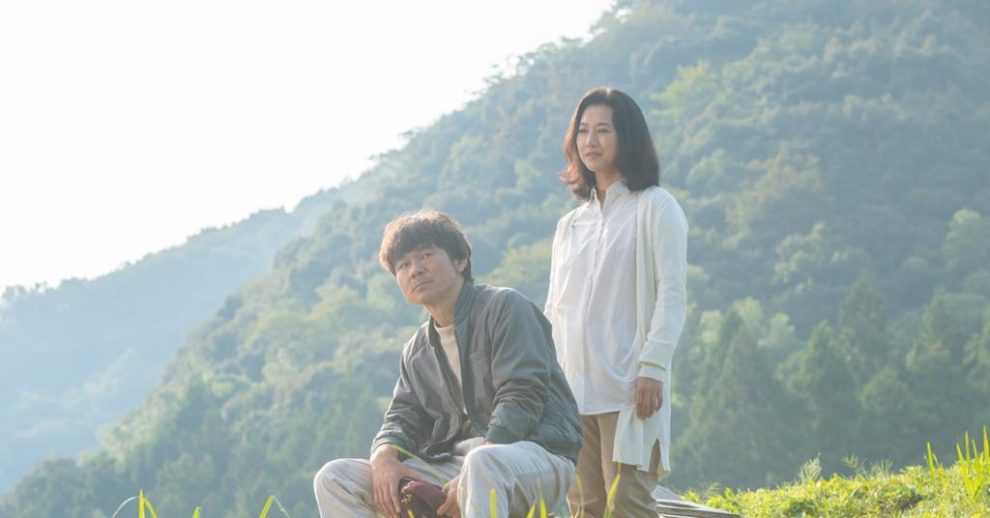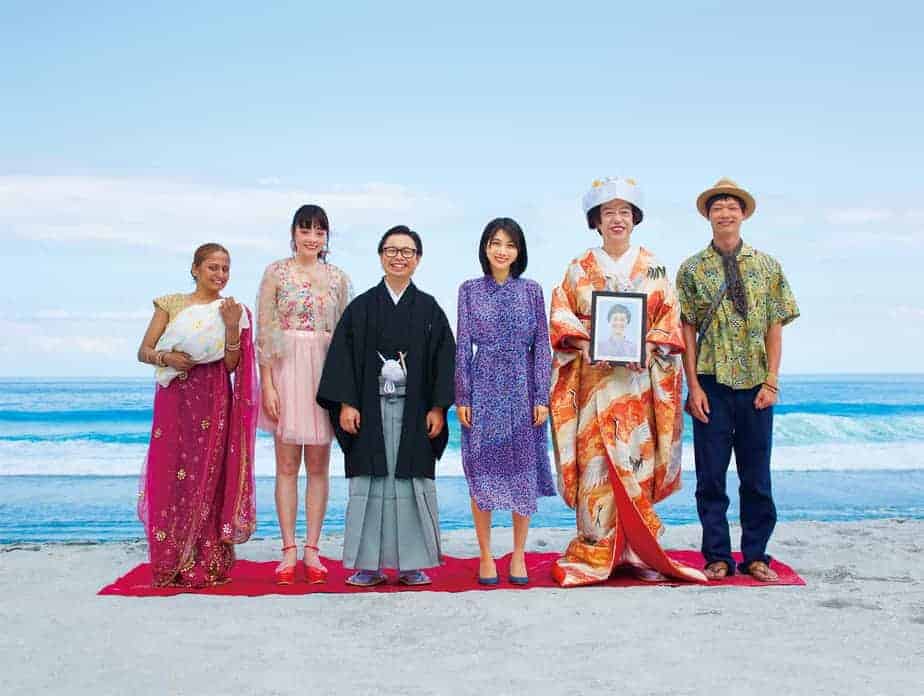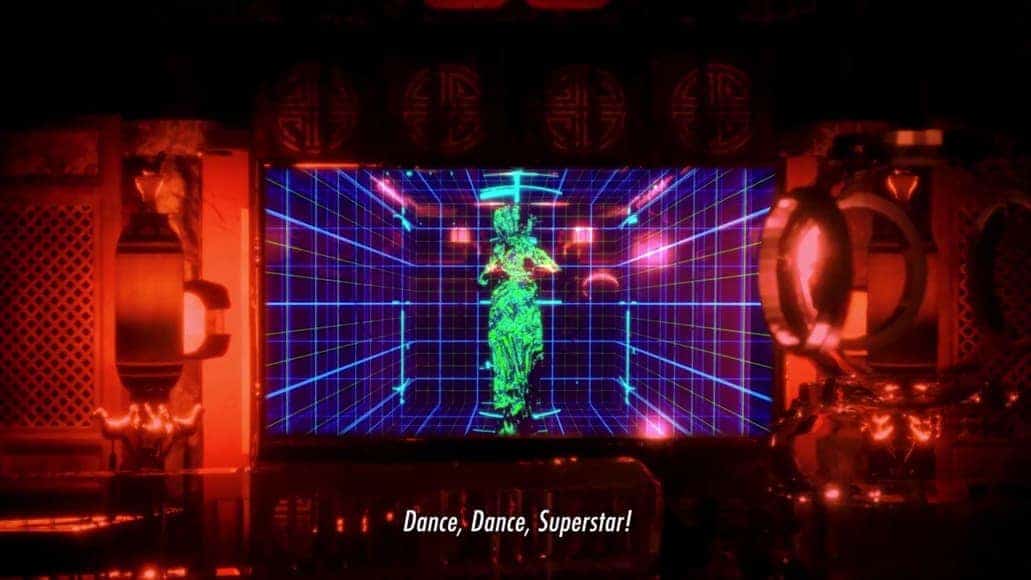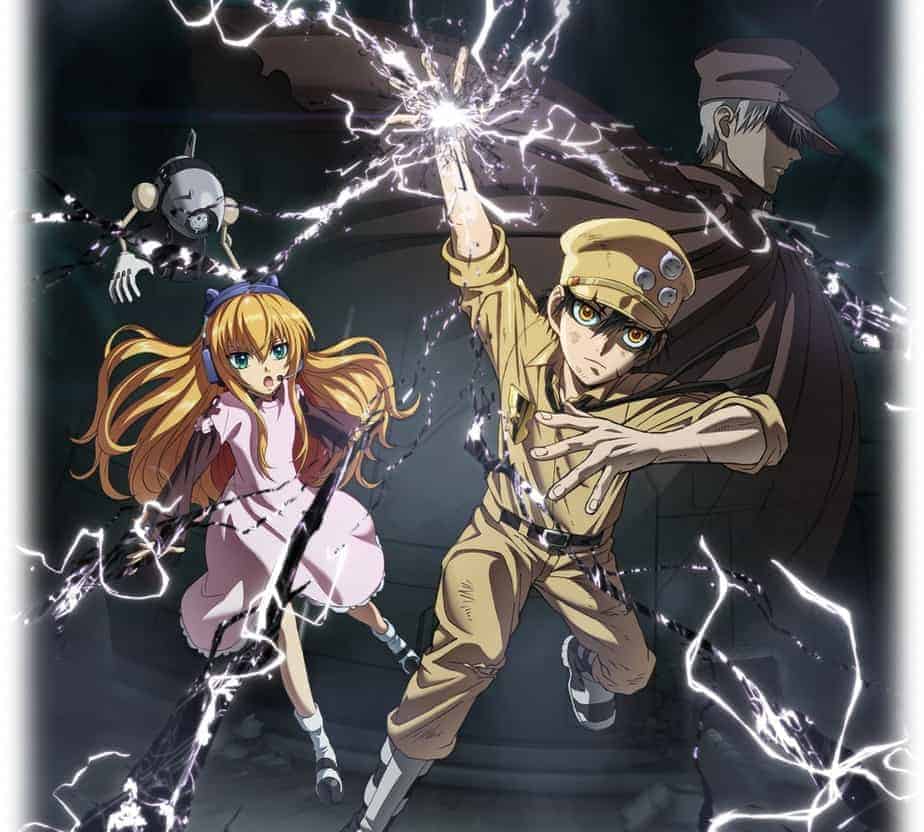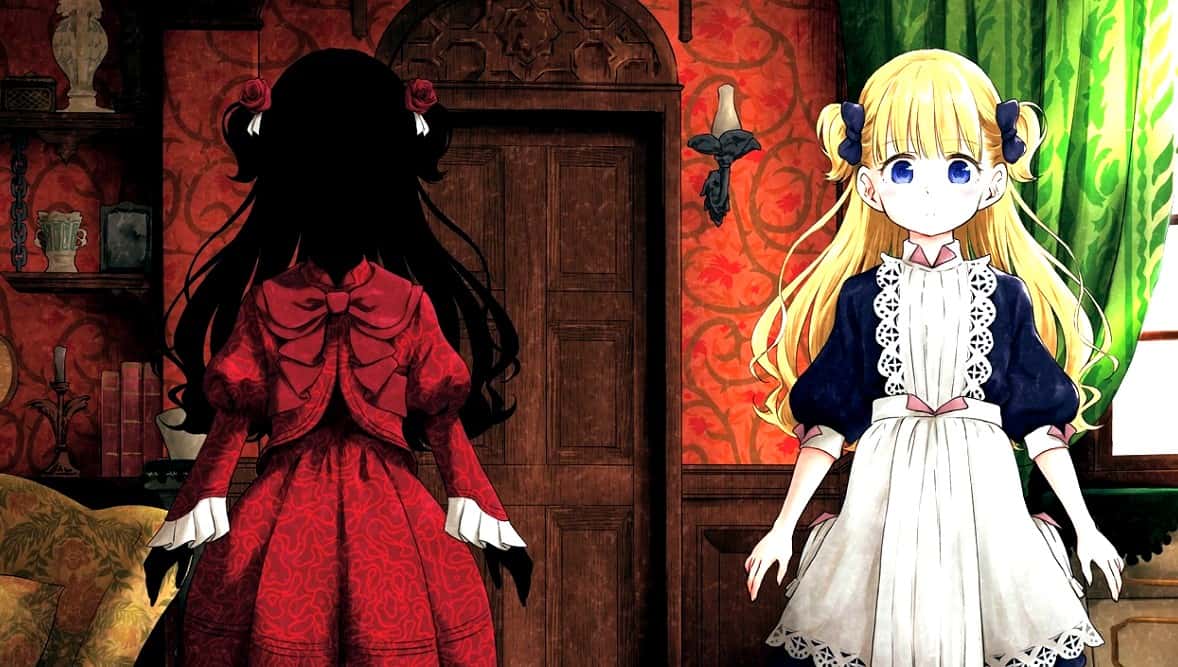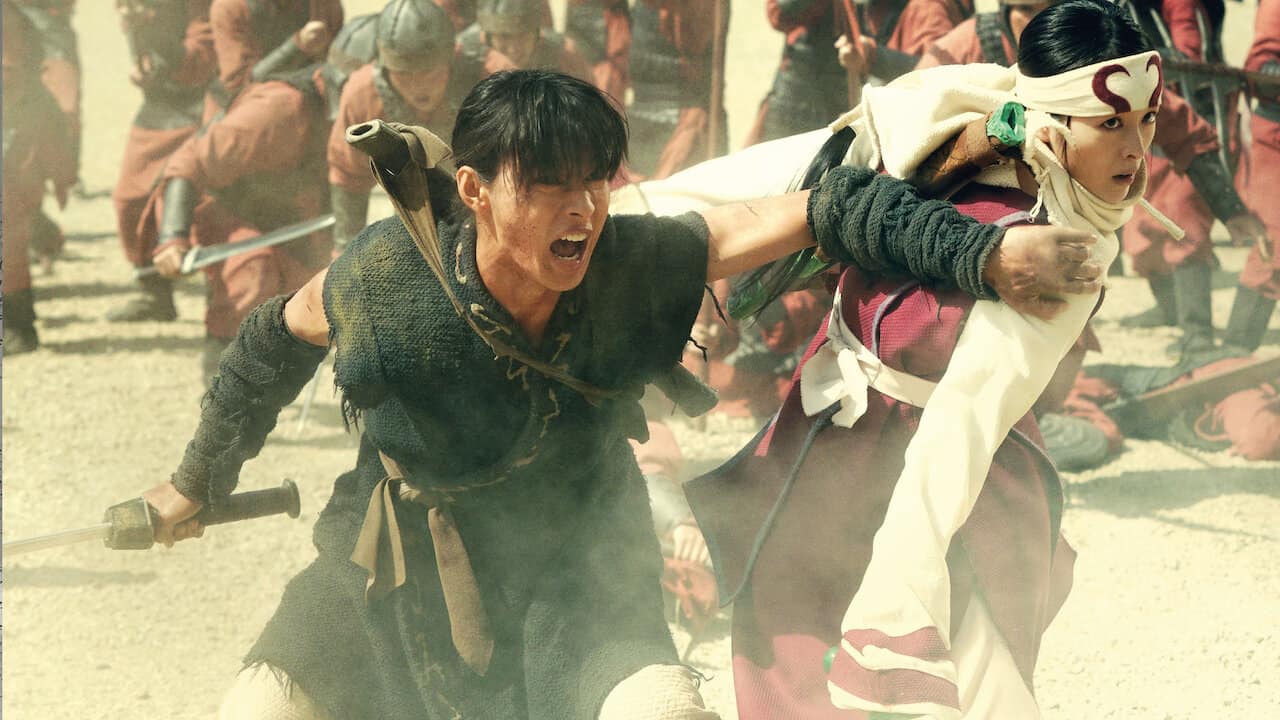Almost 14 percent of Japanese houses are abandoned. Especially rural areas are affected by the exodus of young people, who, in hope of a better prospect, move to bigger cities leaving seniors behind. Traditions are forgotten, social structures erode and the community slowly dies out. But in times of financial and spiritual crisis, some city dwellers rediscover the charm of the country life. Nestled between beautiful mountains and the river bed, Yoshinari Nishikori‘s “Takatsu River” tells about such an endangered town struggling for refreshment. After “Railways” (2010), the director continues his endeavor into Japanese craftmanship and once more acts as a cheerleader for his native prefecture, Shimane.
“The Takatsu River” is Screening at Five Flavours Asian Film Festival
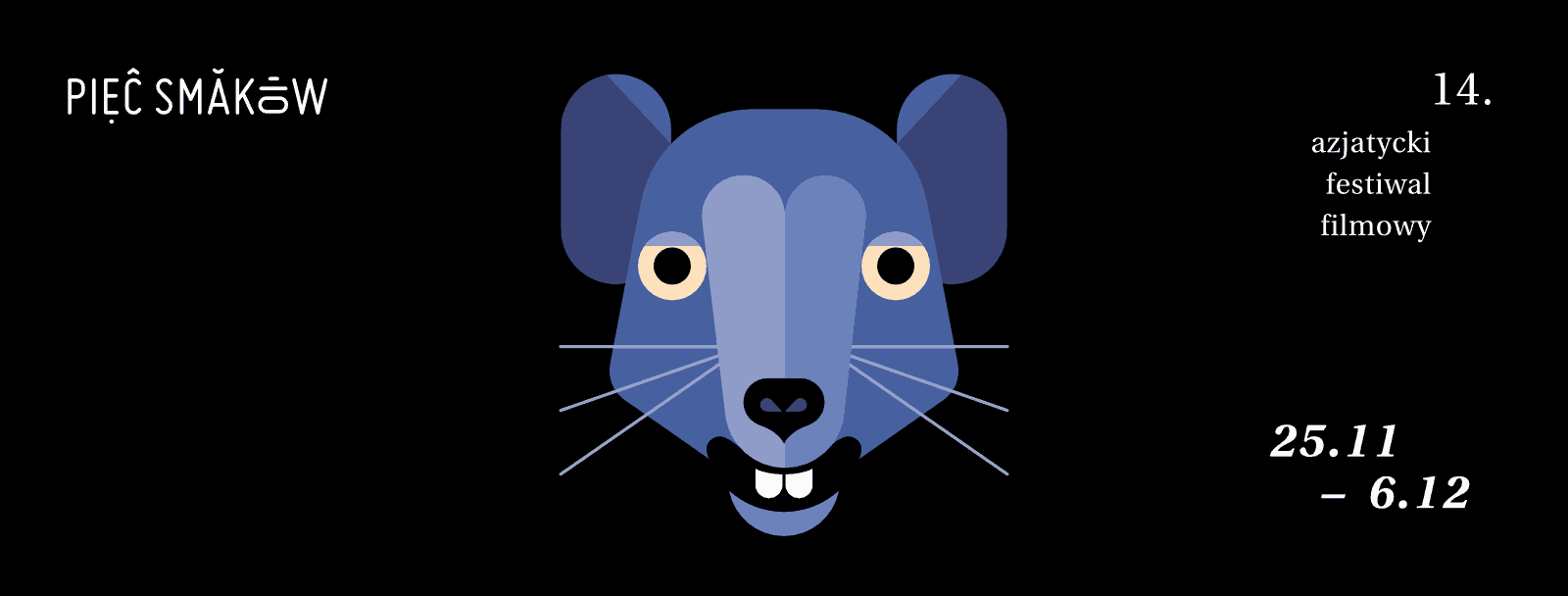
Saito Manabu (Masahiro Komoto) runs a cattle farm in the mountains. In preparation for the yearly Kagura dance, Manabu's son, Tatsuya (Ishikawa Raizo), is expected to follow the family tradition and perform as the main act. When Tatsuya skips practice and questions the habits of the villagers, he triggers a melancholy avalanche of inner conflicts among his acquaintances. Partly rooted in the past, partly caused by the described phenonema of modernity, the residents are confronted with the urgent need for action. Nishikori sets out multiple storylines, dealing with topics like gender roles, family values, and the relation between different generations. This results in a light-hearted social drama showing current problems in a rural microcosmos. It evokes appreciation for togetherness, makes us understand the protagonist's values and what it means to run a family business. Other than many other current Japanese directors, Nishikori refrains from the rather simple method of novel adaptation and realises his own original script.
Nature is the real star of the movie. Through almost exhausting pans, the camera captures the widespread beauty of the area. From little details to wide-angle shots “Takatsu River” does not hide its local context. From time to time, this feels like a commercial travel episode introducing us to regional specialties. The river is the recurring motif, which represents the flow of life. The dynamic camera movement is very striking. Cinematographer Akira Sato (“Key of Life” 2012) keeps his images in motion. A calm classical guitar and string score underlines the picturesque sequences.
A little more confusing is the narration and editing. Characters appear without any introduction. Their backstories stay dubious or are unveiled only at the end. The promising constellation of the generations, which lays the groundwork for the drama, lacks depth. It takes a lot of patience until the viewer gets a glimpse of emotional issues. Due to a missing explanation for the Kagura dance, this major dramatic plot point loses its power to a Western audience. Although it is shown in full length and presented as the climax of the film, Nishikori adds no social or historical background to it. Here, the cultural significance is clearly visible and unfortunately not catered to foreigners. Nevertheless, “Takatsu River” holds an unfiltered look at these traditions, which can be an interesting experience.
Masahiro Komoto plays a very unpretentious and calm role. Like the rest of the cast, his performance is covered by the film's effort to portray craftsmanship and nature. The life between modernity and tradition is manifested in a sequence showing beekeepers next to an airfield. The airport as a gate to the outside world is directly put in comparison to the bordering work of the farmers keeping the local economy alive. This is only one of many scenes that combine the different worlds and keep the contrast always visible in the frame.
Being rooted in a community, feeling homebound, and a strong sense for the generational transfer of information is what “Takatsu River” aims for. “The world doesn't work without both old and young people”, a line spoken by a soon-to-be pensioned sushi chef to his student, sums up the wisdom that Nishikori wants to pass down to the viewer. This is also the core of a universal message and a cry out for a better cohabitation that both sides can benefit from.


